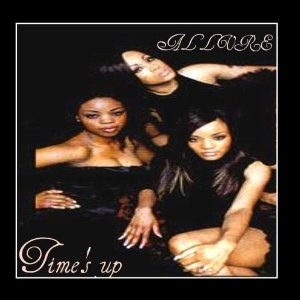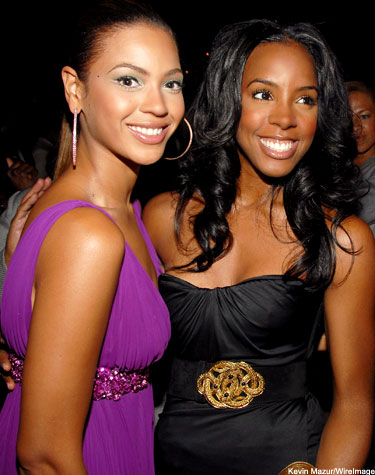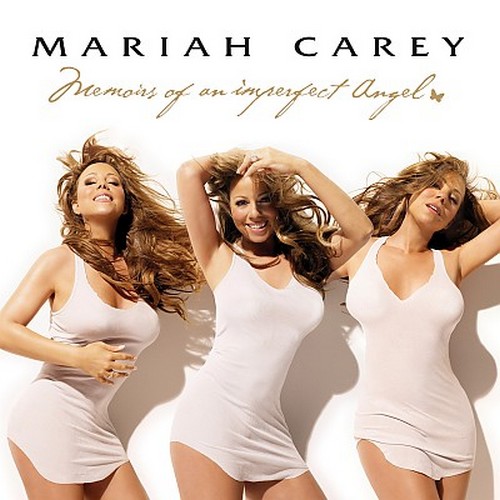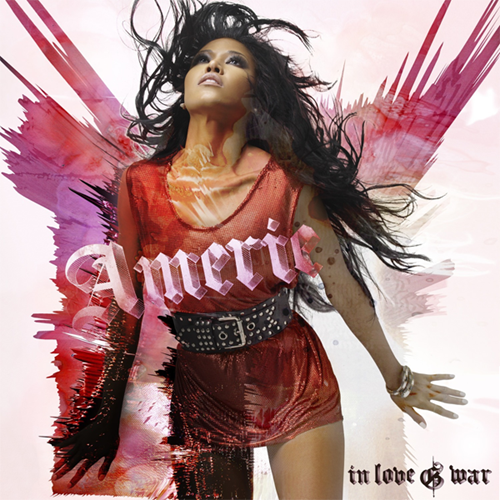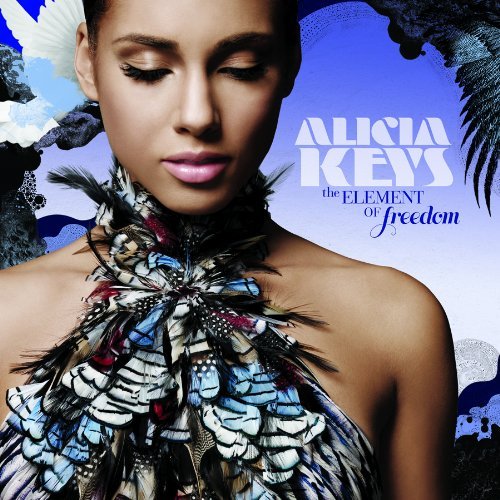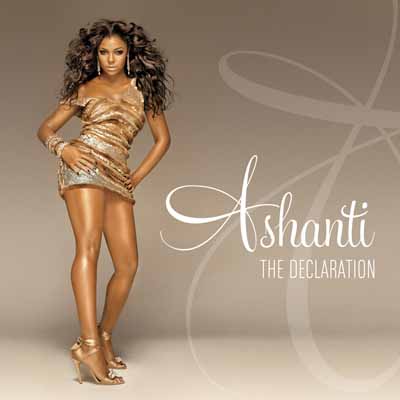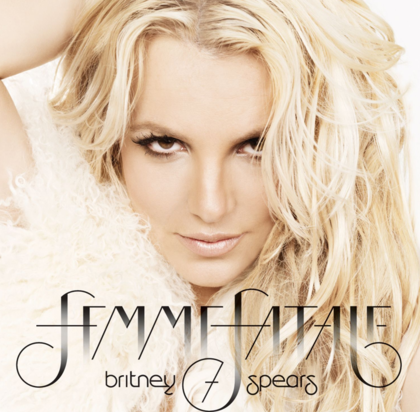These reviews originally ran on Madeloud.
________
Brooke Valentine
Physical Education Mix Tape
Houston native Brooke Valentine’s debut, Chain Letter, was one of the greatest R&B albums of the oughts…or of all time, for that matter. From the loping, burping strut of “Pass Us By,” to the tongue-in-cheek goth-funk of “I Want You Dead” to the aching, breathy heartbreak of “Laugh Til I Cry,” Chain Letter was all over the place stylistically, but tied together with humor, smarts, and audacity. Valentine and mad genius producer Deja were convinced down to the giant flying bat on Brooke’s half-shirt that female-helmed R&B could be every bit as bizarre and crazy as rap by the likes of Outkast and Ol’ Dirty Bastard, and they were damned well going to prove it.
Musically they succeeded, and then some. Commercially…well, that’s a different story. Chain Letter had only one bona-fide hit, the funny but relatively unadventurous Lil’ Jon produced “Girlfight.” Singles released to promote her follow-up went nowhere, and after months of hemming and hawing by her distributor, Virgin, the album was shelved and she limped back to Deja’s Subliminal label.
Earlier this year, Physical Education, the album that never was, was finally released by Subliminal as a mixtape. It’s definitely a retrenchment. The flashes of bizarre wit and eclecticism are gone; there aren’t even any ballads here, much less profanity-laced tirades against valley girls. Instead, what we’ve got is track after track of deep, throbbing, ominous Houston crunk.
Not that there’s anything wrong with that. Valentine and Deja may be working to keep the smarts on the down-low, but try as they will, they can’t quite make a duff track. Valentine is not by any means a great singer, but throughout the album her throaty whispers and moans drip sex and insouciance. The production (I presume by Deja, though there were rumors that Valentine did some of it herself) is also stellar. Pimped Out is built around a weird synth motif that sounds almost like an electronic duck has been drafted to quack rhythmically while Chamillionaire raps along. “Make It Drop” has some of the funniest rear-obsessed lyrics this side of Sir Mixalot: “I can make that ass pop/like hydraulics on drop; I can make that ass stop/like you runnin’ from the cops.” “Gold Diggin’” starts with a wash of demi-classical synth strings and then opens out into a heavy, hesitating thump which also somehow manages to swing hard enough to lift Valentine and the uncredited guest rapper up off the backing like they’re jazz performers. “Thug Passion,” too has an impossibly hooky stuttery beat which keeps you off-balance no matter how many times it repeats.
The only thing I miss here is the 2006 “D-Girl” single, with its surging keyboards and that sample from N.W.A. pattering through the tough production like a whispered, half-forgotten threat. Even with that track left off, though, this is still hands down my favorite R&B release of 2009 to date. So if you’re going to download it, be sure to pay for it, would you? I don’t want Valentine and Deja to completely run out of money before they release their next full length.
___________
Allure
Patiently Waiting; Time’s Up (4 stars)
Like everyone else, the vocal group Allure was pulled along in the wake of Destiny’s Child in the early 2000s, abandoning the smooth jams of the 90s for a tighter, funkier, more hip-hop friendly sound. But where Beyoncé has moved on, Allure got stuck. Their new ep (Patiently Waiting) and album (Time’s Up) both sound like they’ve dropped through a wormhole from 2001.
Which is kind of great. Nothing against today’s radio, but there was really something special about that moment a decade or so ago when R&B songwriting and production suddenly caught on fire — a mixture of newbie fumbling and professional calculation as hip hop realized that this, this right here was the way it was going to take over the world. No doubt there’ll be an uncomfortable retro-early-oughts movement any time now, but this isn’t that. Instead, Allure clearly just never got the memo that itchy/cheesy Kevin Briggs beats aren’t where the market is at.
Patiently Waiting takes that obliviousness and runs with it. From the sweeping, harmonized tough-girl-threats-with-horn-sample of “What Goes Around;” to the materialist tinny looped steel-drum reworking of “Favorite Things;” to “Treat Him Rite” with overdriven eighties video game bleeps that somehow slide right into a sexy, laid-back groove — it’s 20 perfect minutes of gloriously out-of-date pop. Hell, even the obligatory skit is great, featuring some of the most piercing shrieks I’ve ever heard outside of a Diamanda Galas album.
Twice as long, Time’s Up has a bit more filler, but it’s still plenty good. “The Other Side” is awesome faux early Timbaland, with layers of beats and squeaky vocal hiccups bounding around each other while the singers volley “you’re a no good cheater” lines back and forth between the soloist and the harmony backup. “With Out U” is a great mid-tempo disco roll — Andy Gibb for the hip hop generation. “Walk in My Shoes” is something of a rote ballad with too, too gospel vocals — but even so, the low-key guitar playing and the harmonizing makes it listenable.
It’s those harmonies that are maybe the most refreshing thing about the album. Not to take anything away from the amazing sucrose delivery system that is Danity Kane, but there’s also really something to be said for a group whose vocal arrangements are tight enough to add hooks to the song, rather than just keeping up with the production.
Even Beyonce herself has given up on the vocal group aspects of her legacy these days, so it’s up to groups like Allure and the similarly-backward-looking Cherish to keep the faith. Not a good career move, exactly — harking back a decade is no way to get radio play. In fact, both Patiently Waiting and Time’s Up are CD-Rs, burned on demand, which suggests the singers themselves don’t expect to move a ton of copies. But whether or not anyone buys it, this is still some of my favorite music of the year — even if it is the wrong one.

